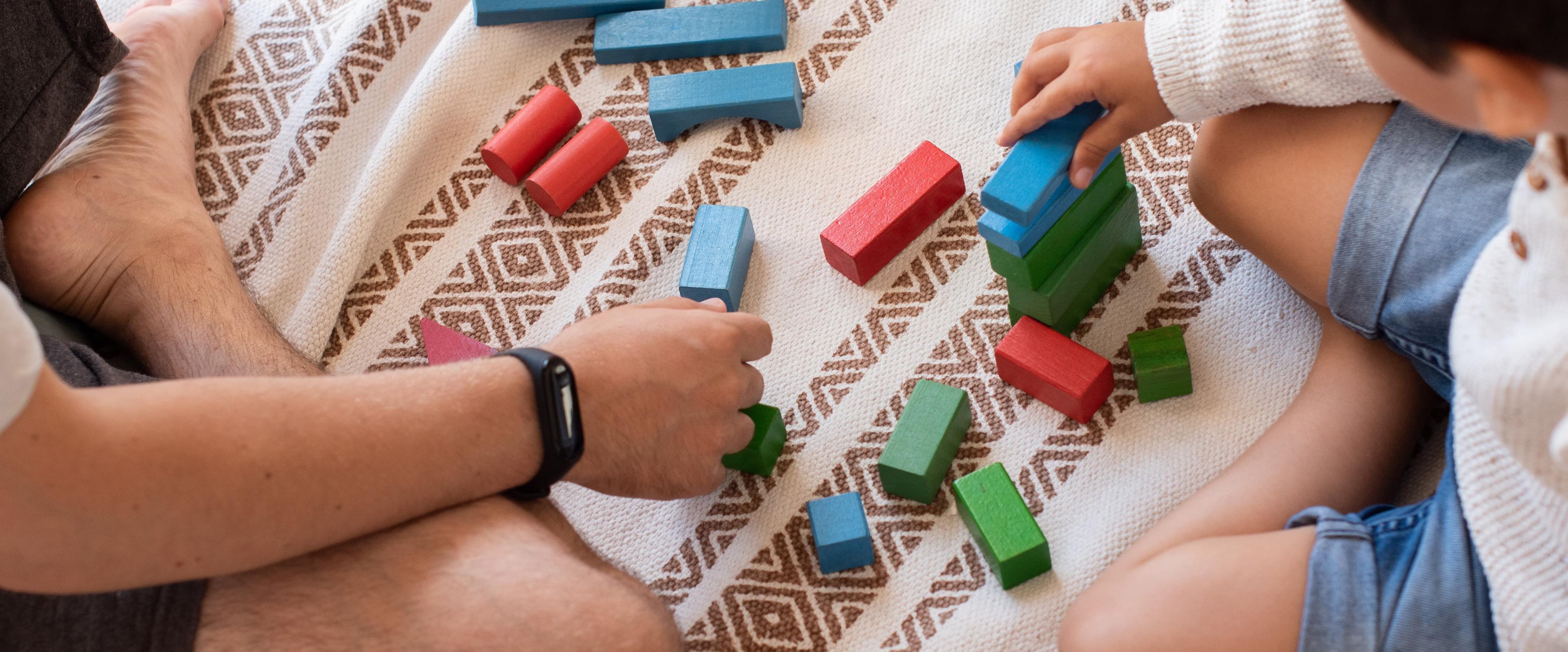the whole child, including their emotional well-being. Emotional agility is an important skill that can help children navigate the ups and downs of life.
What is Emotional Agility?
Emotional agility refers to the ability to manage and regulate one's emotions effectively. It involves being able to identify and understand one's emotions, as well as being able to adapt and respond to different situations in a healthy way. Emotional agility enables children to cope with stress, build resilience, and develop positive relationships with others.

Why is Emotional Agility Important?
Children who are emotionally agile are better equipped to deal with the challenges of life. They are more likely to have better mental health outcomes, stronger social connections, and greater success in academic and personal pursuits. Emotional agility can help children develop self-awareness, emotional regulation, and empathy, all of which are critical for lifelong success.
How to Foster Emotional Agility as per Maria Montessori's Philosophy
Maria Montessori believed that children learn best through
- self-directed exploration
- discovery.
Some ways Montessori approach helps to foster emotional agility:
- Create a nurturing environment: The Montessori approach emphasises creating a peaceful and nurturing environment that promotes positive emotional development. By providing a safe and supportive space for children to explore and learn, Montessori educators can help children develop a sense of emotional security.
- Encourage self-reflection: Montessori education encourages self-reflection and self-awareness. Children are encouraged to explore their emotions, identify their feelings, and understand the impact their emotions have on their behaviour and relationships.
- Teach self-regulation: Montessori education emphasises the development of self-regulation skills, such as impulse control and emotional regulation. These skills help children learn how to manage their emotions effectively, enabling them to respond to different situations in a healthy and productive way.
- Promote empathy: Montessori education also fosters empathy and compassion. Children are encouraged to understand and respect the feelings and emotions of others, helping them develop positive social connections.
- Emphasise independence: Finally, Montessori education emphasises independence and self-direction. Children are encouraged to take responsibility for their own emotional well-being, giving them the tools they need to manage their emotions effectively.
Emotional agility is an important skill that can help children navigate the challenges of life. By using Maria Montessori's philosophy of education, we can create environments that foster emotional agility and promote positive emotional development which can help children develop the emotional agility they need to succeed in life.

